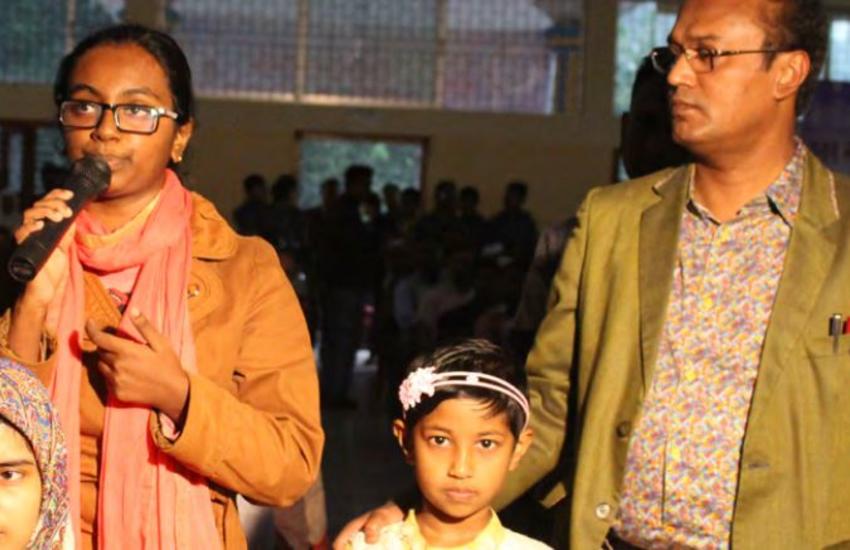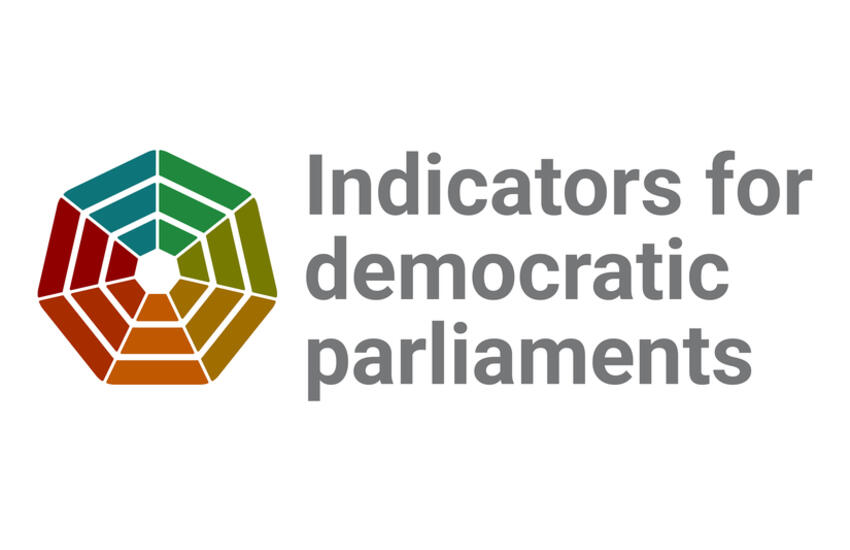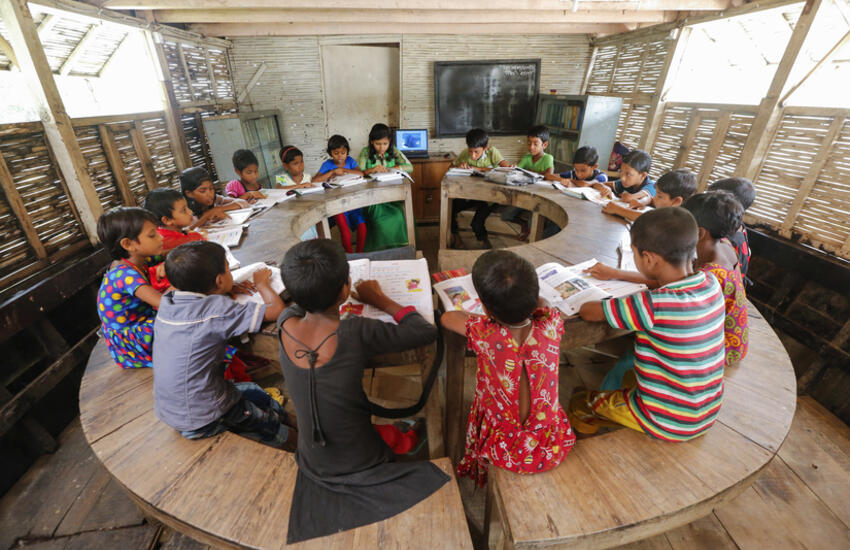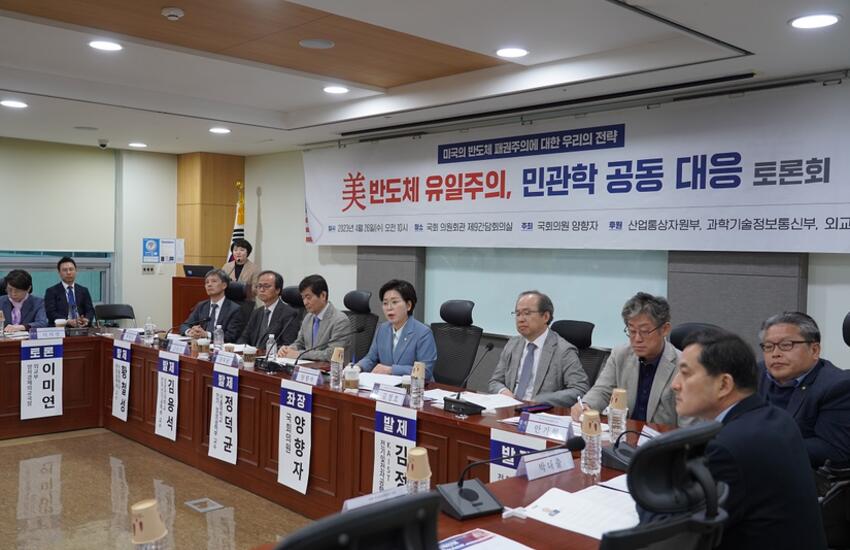Flushed with success after months of campaigning and an election win, a new MP enters office – and is abruptly back at ground zero.
MPs have always been hard to scope in terms of personal development, as they often come from very diverse backgrounds – from business leaders to students. Regardless of their starting point, they all need access to the skills that will enable them to do their job to the best of their ability.
Previously, a fledgling member arriving in Canada’s Parliament was greeted with a hefty binder of facts about the House of Commons, and invitations to a few information-sharing sessions. Useful but generic, these left novices to seek further help themselves. Over the last three years, this has changed.
Being an MP is a multi-faceted job – from hiring and managing a team to making law – and few careers demand this much from an individual. The challenge lies in how to best support MPs to perform all these functions successfully.
The lockdown launchpad
The pandemic was a game-changer. As offices closed, MPs quickly turned to their administrations for help. Many had to learn to collaborate with their teams virtually using new technology for the first time – a skill not previously included in the job description. Connecting with constituents also became challenging, and the continuing rise of social media and a 24/7 culture added pressures of their own.
Noticing MPs’ struggle with all these factors, Canada’s Parliament undertook research to create a new onboarding scheme, the MP Career and Professional Development Framework. The project – which took over a year and a half to complete – surveyed 120 MPs, their staff and subject matter experts from eight service areas in Canada’s House of Commons, focusing on whether training was catering to MPs’ specific needs, how the journey of a Member of Parliament is perceived, and what they require most to perform their jobs successfully.
Three-point plan
The study’s resulting strategy rests on three pillars:
- Treat Members of Parliament – who require nurturing and development like any of us – as human beings who need continuous support for growth and development.
- Promote capability development rather than a traditional competency-based framework, to tap into potential. MPs must be able to perform a wide range of duties, but do not need to be a specialist in every sector.
- Approach MPs on two levels – individual and team. MPs and their teams are essentially small enterprises, so the scheme should help them develop as individuals and as organizations.
The new system allows access to virtual learning, online information and news through a dedicated portal available 24/7.
As early as the day after an election, orientation activities – including the swearing-in ceremony, connecting to the parliamentary network, enrolment in the pay and benefits system, and issuance of ID and access card, as well as how to open their offices, hire new employees and manage their budget – kick in.
Group sessions follow to learn about parliamentary duties and what support is available. Run by the House of Commons’ administration and held in-person in Ottawa and online, these sequential sessions drip-feed MPs new information and skills in a timely manner as they progress through training, avoiding loss of knowledge and the need for repeat sessions on the same subject.
A fairer farewell
At the end of a political career, the transition to life outside parliament can also be tough. The Canadian Parliament has created an offboarding system, which acknowledges the importance of transition for departing MPs and their staff.
Offboarding is key in supporting MPs in Canada – as is continuing development at every stage of their career. Transition officers help departing MPs to complete their departure checklist, including closing their offices and their expenses, and parting with their staff.
Career advice is also a big aspect of the departure process, and helps former MPs to enrol in post-parliamentary study programmes, funded by the government.
Meanwhile, a benefits programme grants privileges to past MPs, including entry to parliament buildings with their lifetime parliamentarian badge, access to libraries onsite, and a lifelong family and employee programme, which caters to mental health.
Replication and adaptation
The Canadian Parliament designed the framework to be user-centric, flexible and adaptable and believes it is a template that could travel far and wide. After a recent presentation at the 145th IPU Assembly in Rwanda in 2022, the feedback on the initiative was encouraging and should inspire similar approaches around the world.
This case study was written following an interview with Dr. Ismail Albaidhani, Strategic Advisor in the Canadians House of Commons.











